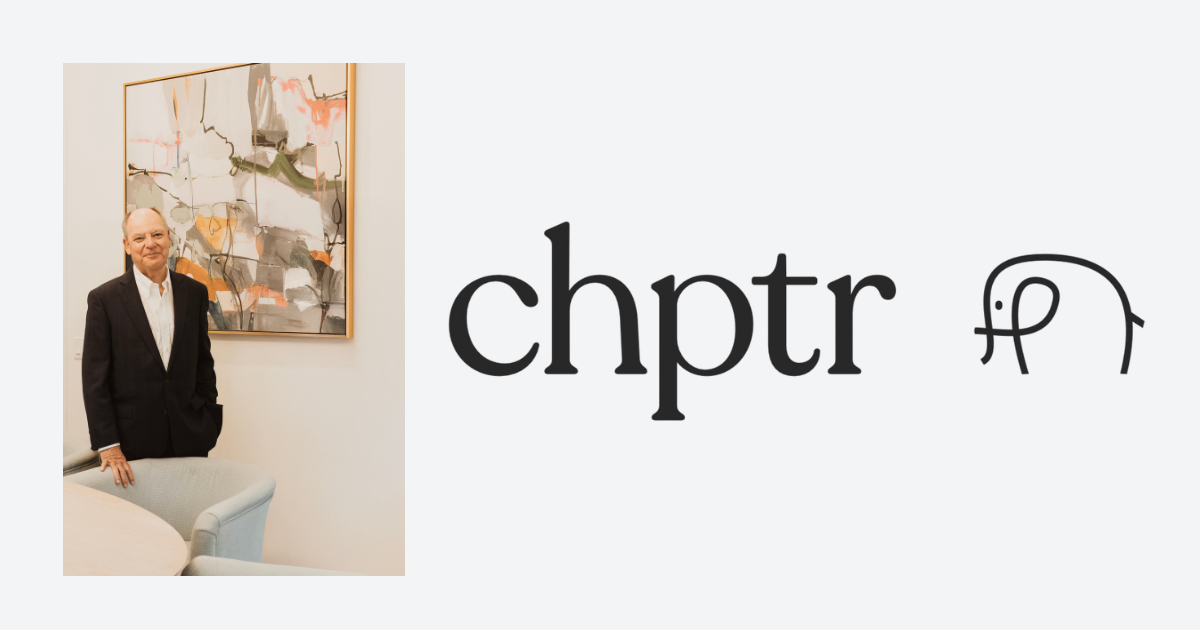South Carolina Gets Tough on Deathcare; Should Other States Follow Suit?
Unlike most other industries, deathcare doesn’t like the spotlight. Why? Because it seems the press hardly ever presents a friendly focus on all the good to be found within the profession. The bad apples who pop up in the headlines every few years are often so horrible that they spoil the whole bunch. Not only do these evildoers put the profession on the defensive and resurrect long-dead-and-buried Jessica Mitford-inspired consumer concerns; they also seem to put governments in the awkward, yet urgent, position of putting laws into place to prevent these events from happening again.
On July 3, 2024, South Carolina Governor Henry McMaster signed House Bill 4116 into law, updating, changing, or introducing regulations throughout virtually every aspect of deathcare, from preneed to cremation to general funeral home operations. Although the South Carolina Board of Funeral Service graciously summarized 13 of the most impactful changes, they also noted that this was not an exhaustive list; House Bill 4116 packed quite an expansive punch.
Why now?
South Carolina isn’t the first state to address deathcare rules in 2024, with many following the lead of Colorado. Certainly, no one — deathcare pros and consumers alike — could fault Colorado legislators for reinstating licensing requirements after the recent, tragic events at Return to Nature and Sunset Mesa. The state’s distinction as the only no-license-no-problem oasis for the funeral profession was called into question, scrutinized, and ultimately blamed for the atrocities that occurred there — especially when it was widely publicized that Return to Nature co-owner Jon Hallford was not a licensed funeral director. Colorado quickly responded to the criticism, ultimately and efficiently rolling out a new set of laws in May 2024.
But would a license have prevented Hallford and his wife/business partner from committing their horrific crimes? In reality, there’s little proven correlation to deathcare transgressions and state licensing requirements — or funeral-related laws in general. Many, many states with a slew of strict regulations have weathered their own share of scandals; unfortunately, for some people rules and laws are simply inconsequential in their decision-making processes.
However, as Funeral Director Daily’s Tom Anderson recently shared, the recent spate of unethical actions at home and abroad are certainly “leading government authorities almost everywhere to take a hard look at their rules and laws of conduct in the profession.”
A mix of impacts
The state of South Carolina seemed to have been ahead of the game, though, as they introduced the initial draft of House Bill 4116 back in March 2023, post-Sunset Mesa but well before news of Return to Nature hit the headlines. When first introduced, the proposed law included both consumer- and profession-friendly changes, such as barring convicted felons from selling preneed insurance and requiring that cremations be performed only by employees trained to perform them.
The final version of the bill, though, included many more provisions and requirements that amended the state’s Funeral Practice Act, Safe Cremation Act, and Consumer Affairs Preneed Funeral Contract regulations, including:
- Changed definition of “cremation” to include alkaline hydrolysis;
- Removed requirement to keep at least six adult caskets in an onsite room;
- Prohibited the issuance of an operating permit if a funeral home name includes the name of a person without a license;
- Prohibited unlicensed persons to work in a licensed business;
- Prohibited embalmers or directors to practice if they’ve been convicted of or pled guilty to a crime that impacts performance of deathcare duties;
- Updated continuing education hours from three to four per year, with one hour being an ethics course;
- Increased fines for violating the Safe Cremation Act from $5,000 to $25,000;
- Increased penalties for violating preneed laws;
- Allowed managers to live up to 75 miles from a funeral home (up from 25 miles previously); and
- Required crematory operators to register with the Board.
Changes like the addition of alkaline hydrolysis and elimination of managers’ residency requirements may open up opportunities for South Carolina’s deathcare professionals and will most likely be eagerly embraced. However, the majority of these provisions are preventive and/or punitive in nature, put in place to both head off problematic behavior within the profession and to reassure consumers that the folks who are caring for their loved ones are qualified and licensed. Regardless, it’s a lot for these professionals to digest all at once, especially as the law immediately went into effect the day it was signed.
The state of other states
Colorado and South Carolina aren’t the only states that have updated their deathcare laws or have proposed related legislation this year. Most lawmakers have cited the much-publicized events in Colorado as the impetus for their actions, while some are responding to issues uncovered in their own districts.
For example, Illinois’ Integrity in Death Care Act, which takes effect in January 2025, will require deathcare establishments to establish a chain of custody system to track a deceased person from death to final disposition. The law was prompted after a Carlinville, Illinois funeral home gave at least 80 families the wrong cremains in 2023. At the time, this was not a criminal act in the state; however, the new law makes this act a felony.
Likewise, a new law in Florida that gives the state more authority to investigate questionable funeral homes was prompted by the actions of a Jacksonville funeral director who is facing 20 criminal charges for abandoning bodies in his mortuary and stealing funds from families.
The aftermath
Given the public’s probable perception of deathcare today (thanks to the worst actors), it’s not likely that any state will relax their deathcare rules. If anything, the profession can probably expect more legislators to start scrutinizing their current laws and potentially put new or stricter restrictions in place.
For the most part, these new guidelines should ultimately safeguard the reputation of the profession as a whole and further protect consumers from people like the Hallfords of Return to Nature and Sunset Mesa’s Megan Hess. And while state associations and other deathcare organizations are sure to support the reasoning and motivation behind these moves, they’re also carefully calculating the impact to the profession as a whole. Deathcare workers can expect these entities to work on their behalf to discourage legislation that seriously hinders qualifying, training, or hiring staff; requires massive operational overhauls; or will result in significant expenses that could bankrupt some businesses.
Regardless of the industry, no measure can or will be 100% effective, as Chris Farmer, general counsel for the National Funeral Directors Association, recently shared.
“Even in the most stringent states, somebody’s going to do something bad,” Farmer said. “You can’t prevent it.”




